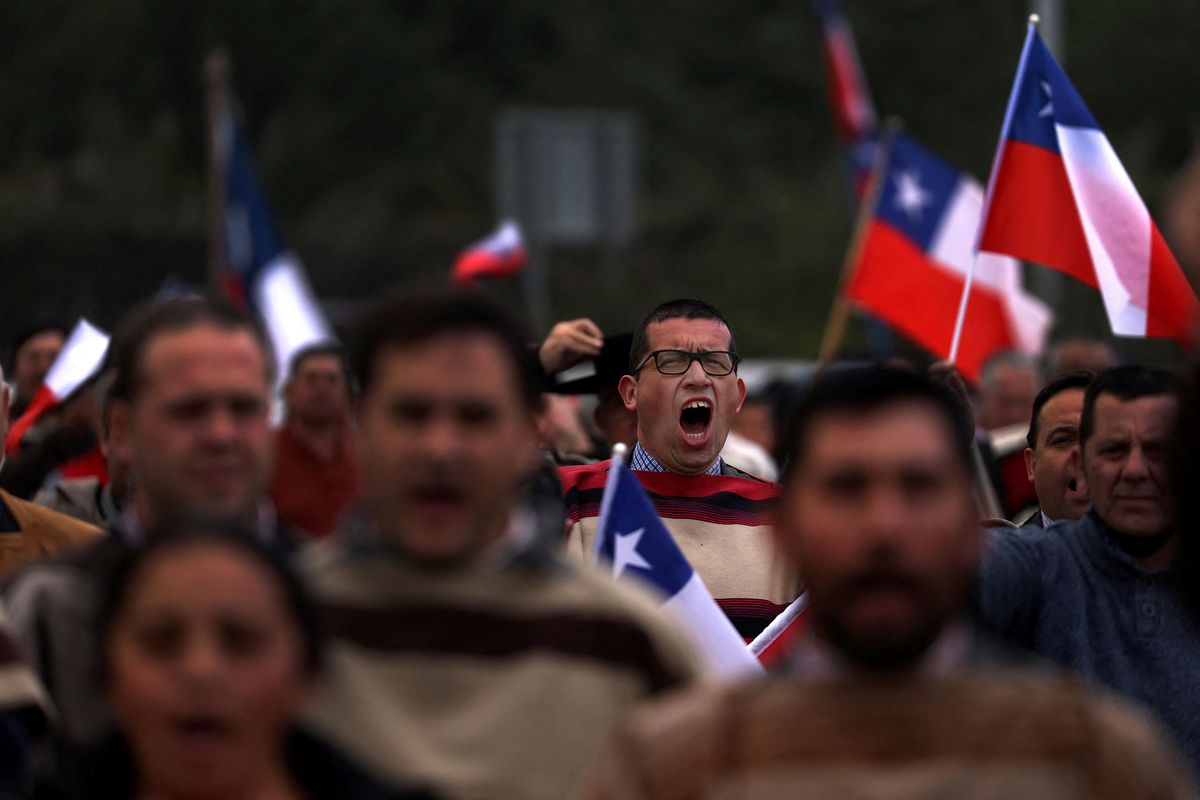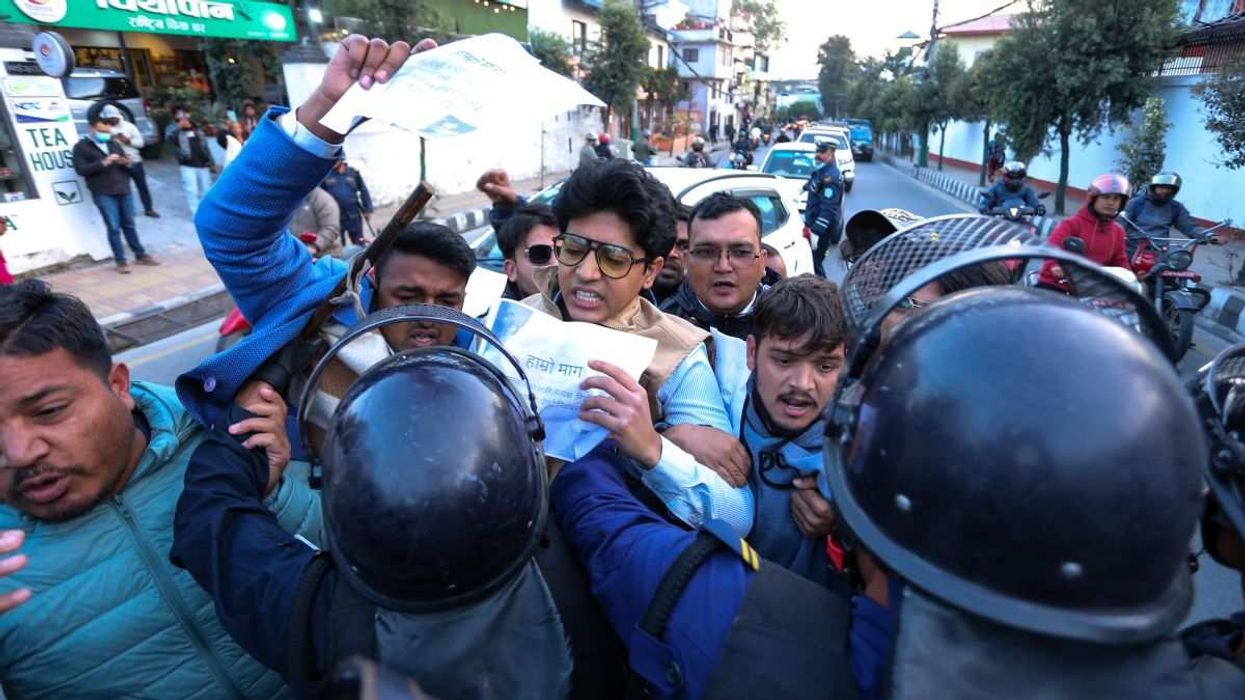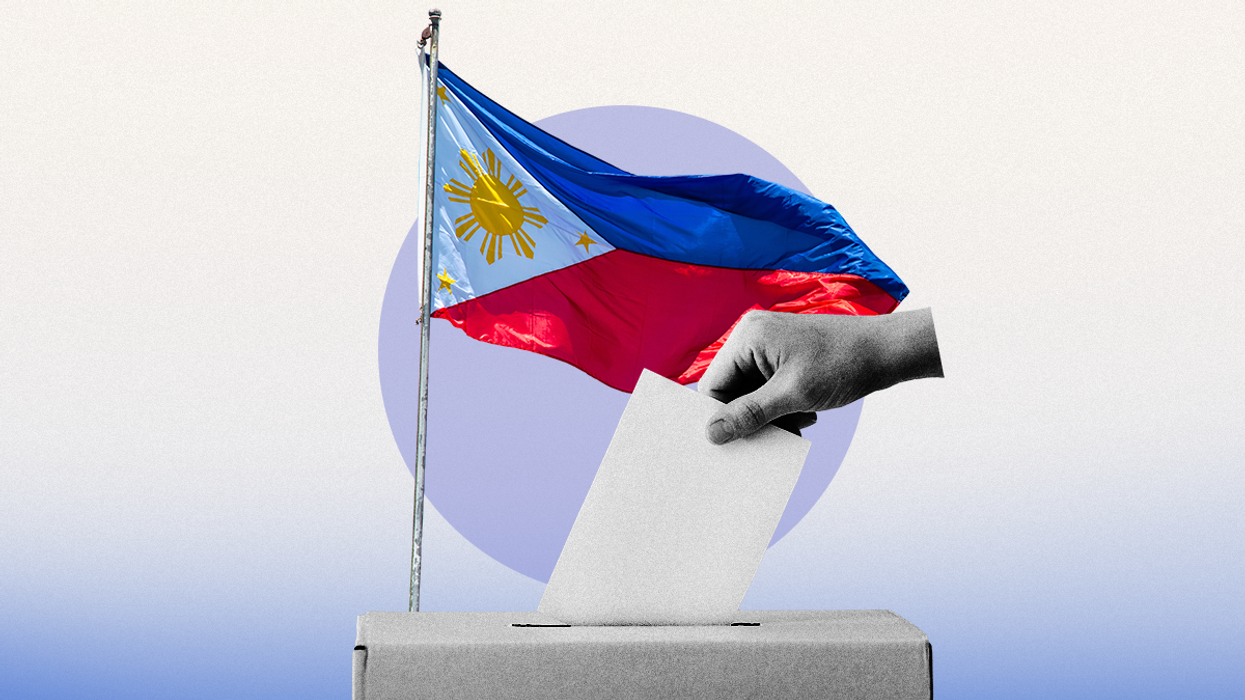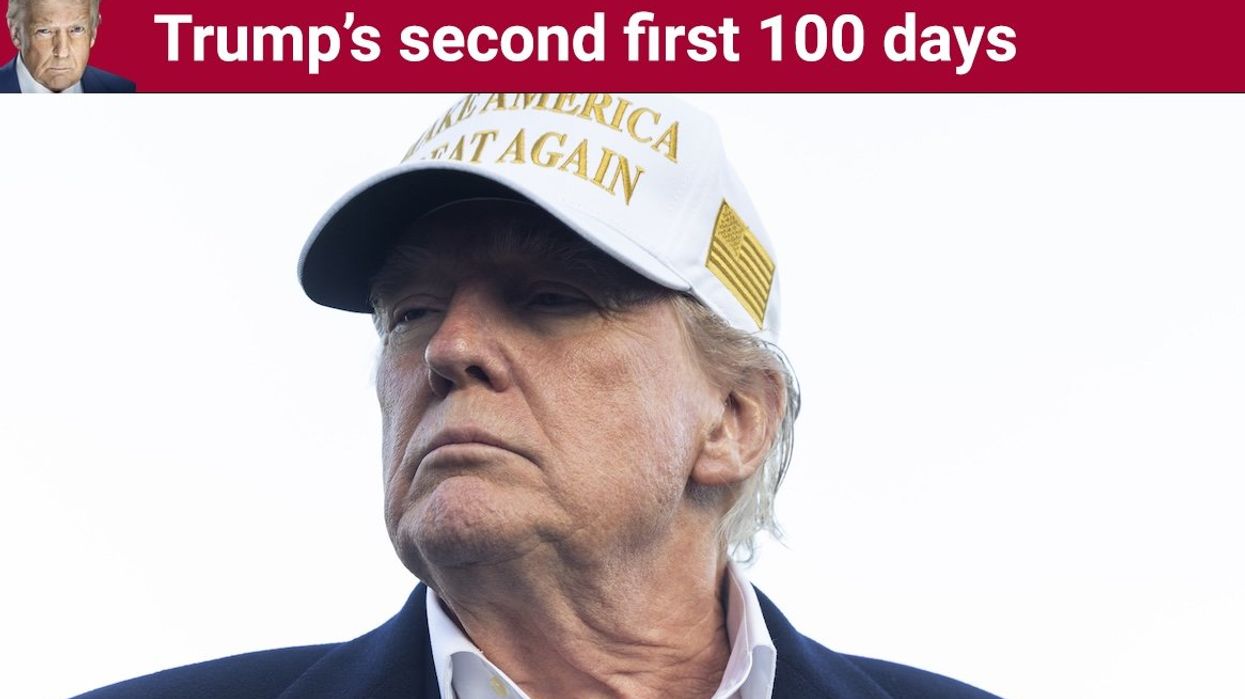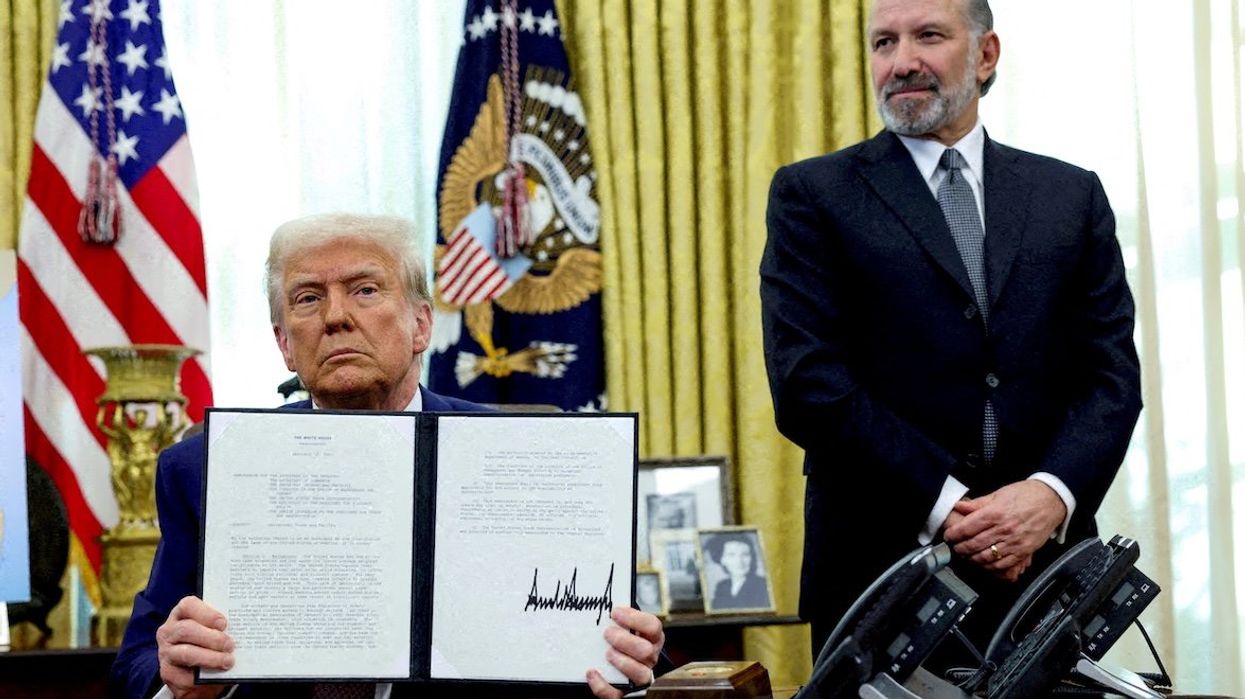On Sunday, Chileans go to the polls again to have their say on a proposed new constitution for the country.
Following earlier votes on whether a new charter was necessary and then who'd get to draft it, Chileans will decide whether to approve or reject a new constitution that enshrines some fundamental new rights and expands the role of the state in looking out for poor citizens and other marginalized groups.
How will the charter change Chile if it passes, and what happens if it doesn't? We get some clarity from Eurasia Group experts Yael Sternberg and Luciano Sigalov.
How did we get here?
The constitutional rewrite was proposed by former President Sebastián Piñera as a conciliatory solution following massive protests that erupted in late 2019 after a 30-peso hike to the metro fare in the capital, Santiago – the last straw for many fed-up Chileans.
The protests unleashed social anger over deeply entrenched inequality; and the effects of neoliberal policies protected by the constitution drafted during the dictatorship of Augusto Pinochet (1973-1990). After being delayed for several months because of the pandemic, in October 2020 Chileans overwhelmingly voted in a referendum to write a new charter by way of a constituent convention.
The members of the convention were then elected in May 2021, with leftists and independents winning the most seats. They were able to advance many of their proposals through to the plenary, though the most radical ones did not make it into the final draft. Over time, public trust in the process declined as scandals involving members emerged, and the deliberations dragged out.
What big things were included and left out of the final draft?
In addition to addressing women’s and Indigenous rights, the charter expands environmental protections quite broadly to include environmental “rights.” It redefines water as a natural common good that cannot be appropriated, which might result in some changes in the concession system for mining permits.
While some worried the draft would make Chile’s lucrative copper and lithium industries nearly unviable by placing them under state control, outright nationalization of the mining sector was rejected, and property rights remain mostly intact. Still, the draft marks a major shift from the old constitutional framework and would translate into a less business-friendly environment.
How would the new constitution change Chile's political system?
The new charter entails significant changes. The lower house would coexist with a new Chamber of Regions, replacing the senate though with more limited powers, leading to an asymmetric bicameral system. The minimum age to run for president would be lowered from 35 to 30, and presidential reelection for consecutive terms would be allowed.
In parallel, Chile's regions would control their budgets, have direct democracy mechanisms on some issues, and elect their governors. Furthermore, voting would be mandatory, and gender parity would be promoted among elected officials.
The proposed changes to the political system have been poorly received. Most criticisms point to an ill-defined electoral framework, weak powers for the new upper house, expanded responsibilities for lawmakers, and the potential impact of consecutive presidential reelection on policymaking.
Do recent polls give us a clear indication of whether the draft will pass?
The latest polling shows about 46% of people saying they'll vote against the draft, and 37% in favor. But 17% of Chileans say they’re undecided.
Why? For one thing, the messaging of the “yes” campaign in rallies and on TV has been somewhat weak, while the “no” ads have been more coherent and stronger. All campaigning is banned for the last week before the vote.
Also, a recent scandal involving several activists desecrating a Chilean flag during an approval rally has hurt the “yes” side. While the skit was condemned by some pro-approval figures, it essentially encapsulated the fears the “no” camp has been peddling of a deranged and radically leftist future, leaving us less confident that the text will be approved. We know Chileans want a new constitution — that’s what 79% said in the first referendum — but maybe just not this constitution.
What happens if it doesn't?
If the proposed text is rejected, the current constitution will remain in place. But since keeping the Pinochet-era charter is politically toxic, that'll likely result in major social and political backlash. In preparation for such a scenario, the government and political parties across the spectrum have already started to discuss the possibility of a new constitutional process.
However, the path would be lengthy and bumpy. For another rewrite, Congress would have to call another constituent election, something that Boric has already suggested yet would take six at least six months.
Agreeing on the rules — not to mention on the content of a new draft — would likely result in bitter discussions and tough-to-swallow political compromises for many. Uncertainty over Chile’s basic rules of the game will remain.
How might the referendum affect President Gabriel Boric?
A rejection would be a massive political blow for Boric early in his four-year term, as he has long advocated for the constitutional change.
Following such a setback, Boric’s ambitious pension and healthcare reforms would be even more difficult to get passed in a divided congress. Tax reform, another one of his flagship initiatives, would still likely win approval given consensus on the need to raise more revenue; but changes and delays would be likely.
More broadly, the administration would struggle to regain the initiative after linking its fate with the outcome of the plebiscite in a context of high inflation, a deteriorating economic outlook, and an unprecedented security crisis.
